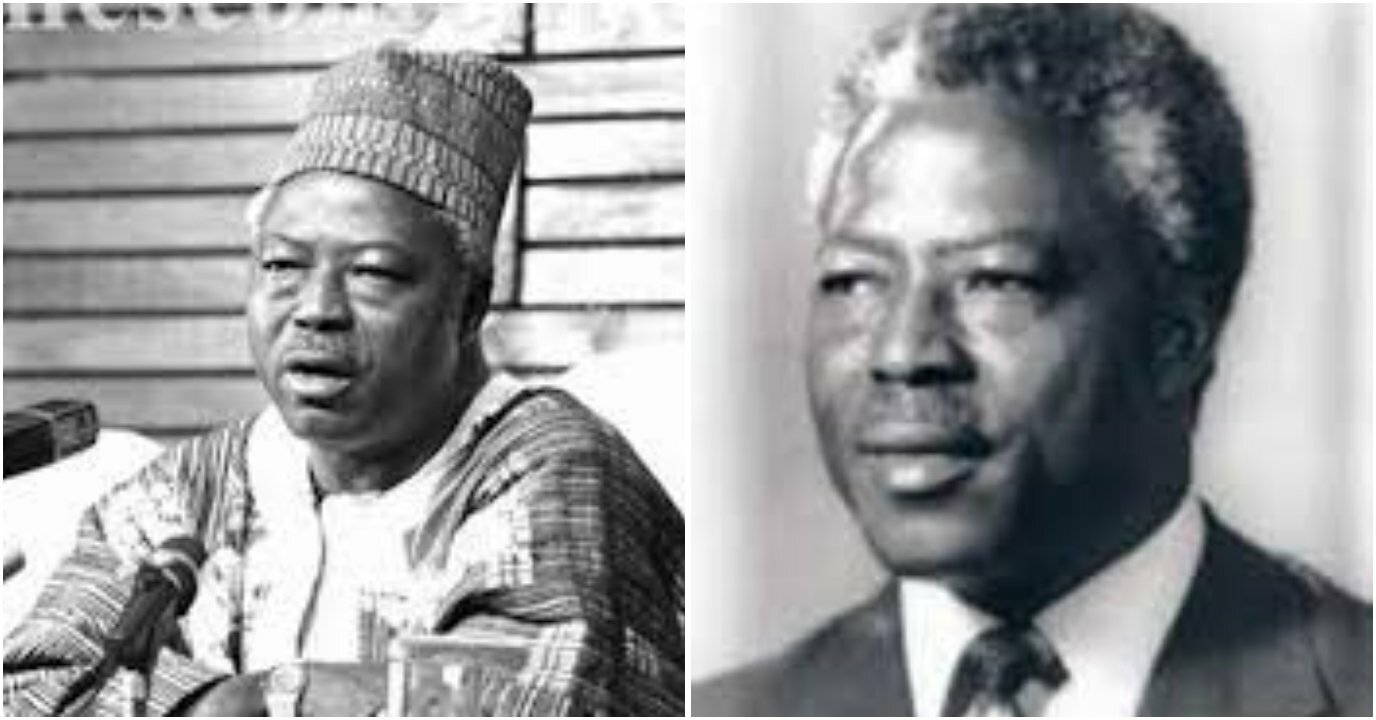Today in History, exactly 41 years ago, General elections were held in Ghana on 18 June 1979, with a second round of the presidential election on 9 July 1979. The election resulted in victory for Dr. Hilla Limann of the People’s National Party, who received 62.0% of the votes in the run-off.

Ignatius Kutu Acheampong led a bloodless coup d’état to overthrow the democratically elected government of the Progress Party and its leader Dr. Kofi Busia on 13 January 1972. He became Head of State and Chairman of the National Redemption Council (NRC), which was later transformed into the Supreme Military Council on 9 October 1975, with Colonel Acheampong (promoted to General) as its chairman.
Acheampong wanted to change the constitution to end party politics and to create a union government composed of civilians, military personnel, and police. Such a system, Acheampong believed, would create national unity, end tribalism, and facilitate economic development.
The failure to achieve these goals and the 1975 decision to transform the NRC into the Supreme Military Council (SMC) marked the beginning of Acheampong’s downfall. The government maintained that the SMC would restore the military hierarchy that the 1972 coup had destroyed.
Over the next two years, the Acheampong regime gradually lost popular support because of growing corruption, economic problems, and clashes between the SMC and the general public, culminating in violent disturbances during the 1978 referendum on union government.
As public hostility toward the Supreme Military Council [SMC] increased, Ghana became increasingly ungovernable. On July 5, 1978, junior officers on the Military Advisory Committee persuaded senior officers, led by Lieutenant General Frederick W.K. Akuffo, to force Acheampong to resign. The creation of what was termed SMC II, however, failed to restore public confidence in the government, largely because Akuffo refused to abandon the idea of a union government without party politics.
As a result, there were about eighty strikes in a four-month period to protest the regime’s economic policies. In November 1978, when junior civil servants went on strike, the regime declared a state of emergency and dismissed more than 1,000 public employees. Akuffo eventually succumbed to this pressure by announcing that the ban on political parties would be lifted on January 1, 1979, and that free elections would be held.
On May 15, 1979, less than five weeks before the national elections, the then- Flt. Lt Jerry John Rawlings was arrested after he led a group of junior Ghanaian army officers in an attempted overthrow of the military government of General Frederick W.K. Akuffo and the Supreme Military Council II.
On June 4, 1979, Ghana was ushered into its morning life with an announcement on radio by Flight Lieutenant Jerry Rawlings of a change in government by the Armed Forces Revolutionary Council (AFRC).
A new leader named Flt. Lt Jerry John Rawlings, who had been sprung from a prison cell where he had been concealed since leading an abortive coup a few weeks earlier, was installed as the leader of the Armed Forces Revolutionary Council (AFRC).
The AFRC allowed already scheduled elections to go ahead and handed over to the duly elected Dr. Hilla Limann of the People’s National Party who became the only president of the Third Republic of Ghana.
General elections were held in Ghana on 18 June 1979, with a second round of the presidential election on 9 July 1979. The presidential election resulted in victory for Hilla Limann of the People’s National Party, who received 62.0% of the votes in the run-off, whilst his PNP won 71 of the 140 seats in Parliament. The elections were conducted “in a free and fair a manner as might be considered humanly possible under local conditions” and the losing candidates publicly accepted defeat. Around 5,070,000 people were registered to vote.